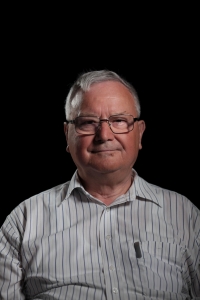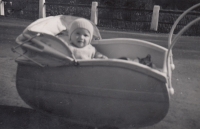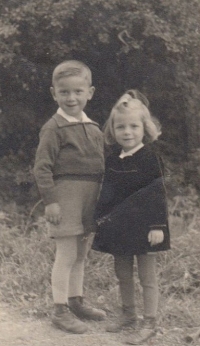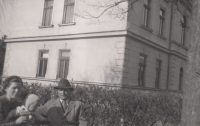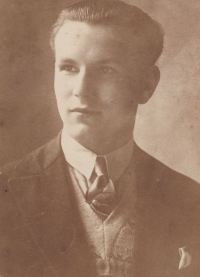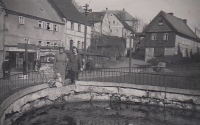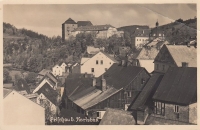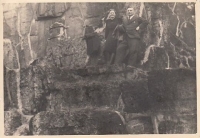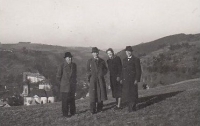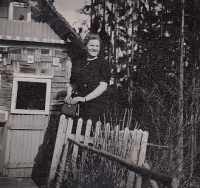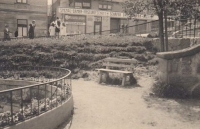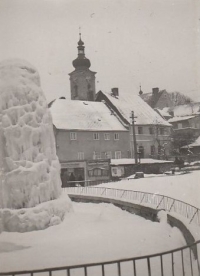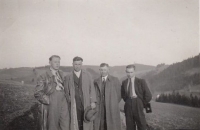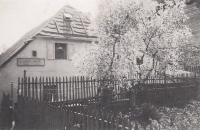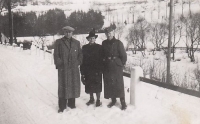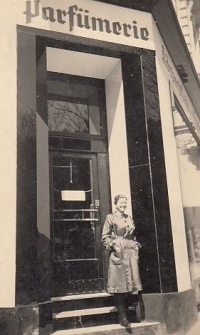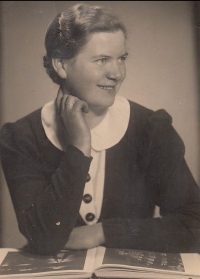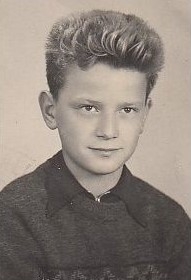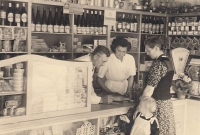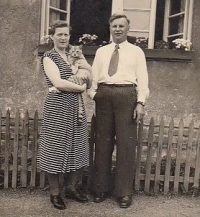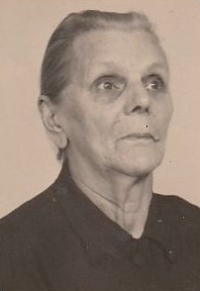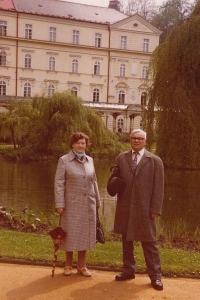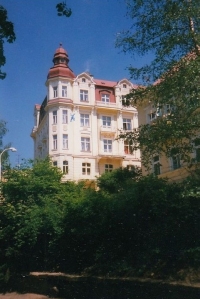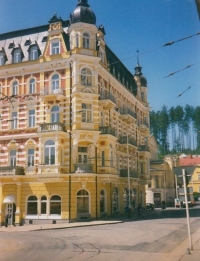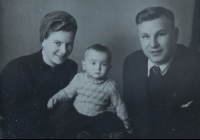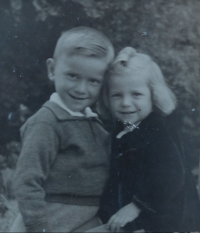No one pitied or spared the newcomers from the Sudetenland
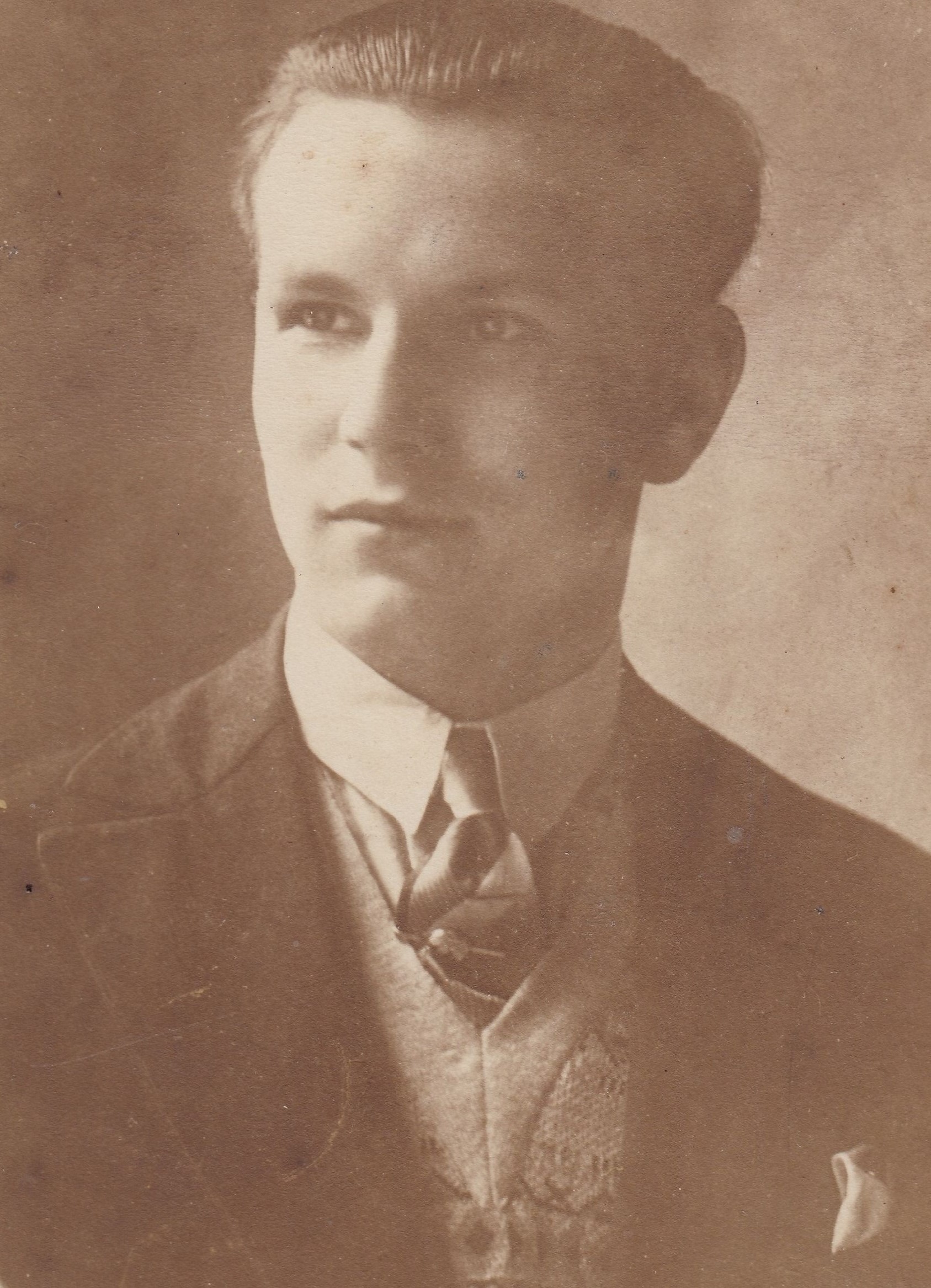
Download image
Walter Jank was born during World War II into a German family in Bečov nad Teplou on 5 January 1944. His father Josef Jank was a trained comb-maker, as was his son. His mother Marie worked in Mariánské Lázně as a pharmacy assistant. Walter Jank grew up with his younger sister Rosemarie. His three uncles were killed during the war; his father did not have to enlist due to a severe hand injury. The family’s worst memories are connected with the three death marches that passed through Bečov, and his father, as a member of the Home Guard, had to accompany them. After the war they went through the process of denazification of the Sudeten Germans. Walter was less than two years old at the time the German population was deported from Czechoslovakia, and most of the family memories come from his conversations with his mother. Walter Jank’s family’s deportation began on 25 May 1946. With only the bare necessities of life, they made their way via Wiesau and Fulda to the northern Hessian town of Hessisch Lichtenau where the father was able to continue his profession at least partially. They did not visit Czechoslovakia together until 1979. Walter Jank graduated from high school with a high school diploma, then enlisted in the Bundeswehr where he was nominated for an officer’s career. During his lifetime he changed several professions and military ranks. He served as the Mayor of Eschenburg for a total of twelve years. He and his wife Regina raised two sons, Michael and Thomas. Together with František Neuwirth, former mayor of Bečov nad Teplou, they organised the exchange program of the music schools of Bečov and Eschenburg. He was living in Eschenburg at the time of filming in 2023.

